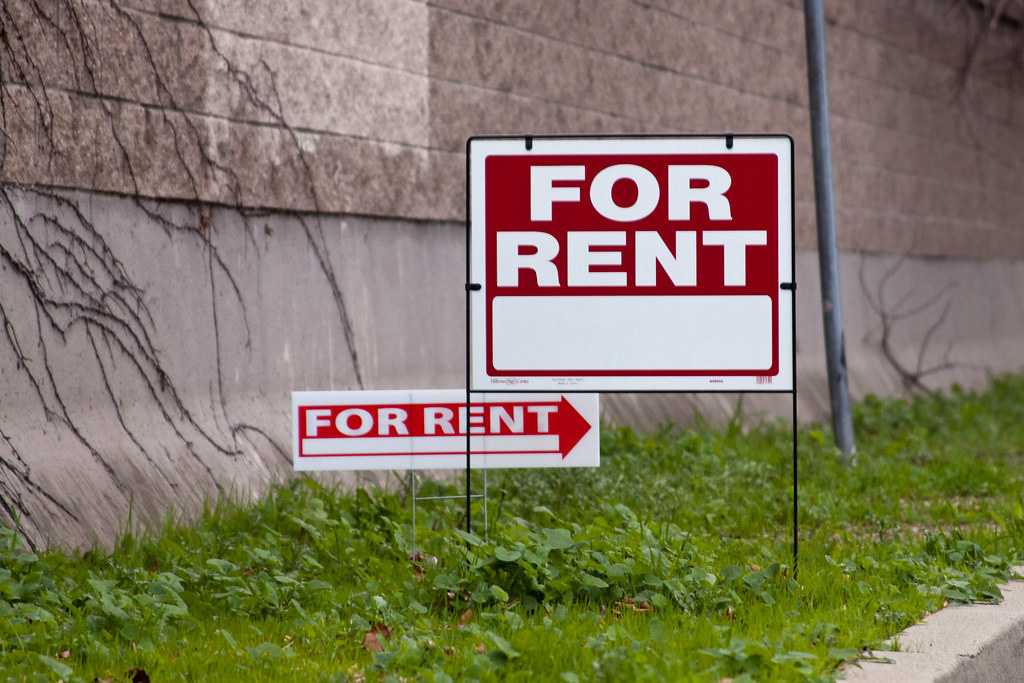Student renter's guide
Top tips
The basics
Expand each question to find out more about the topic!
Rental companies usually require you to submit an application (check out this example provided by CMHC [PDF-161kb]). The purpose is to show that you'll be a good tenant by abiding by the rental agreement, committing to the duration of the lease and paying rent on time. Once you've signed a lease, it's difficult to break the contract.
You may be asked to provide the following information:
biographical information about yourself and any potential roommates
information about where you've lived before and offer references
proof of financial means and undergo a credit check
provide details of a Canadian bank
provide a guarantor if you don't have full-time work
pay a damage deposit (half a month's rent) to secure the apartment
provide proof of tenant insurance.
Note: It is illegal to ask for or charge an application fee.
A lease is a legal contract that defines your rights and responsibilities in terms of a rental property.
There are three types of lease contracts: one-year lease, month-to-month, and year-to-year.
- For a fixed term one-year lease, there is a specified beginning and end date. A fixed-term lease is a leasing agreement with a specified beginning and end date. Fixed term leases do not have a notice period. The tenancy period ends on the date stated in the lease. There is no right or obligation to stay in the rental unit after the fixed term lease ends. Rental increases are as specified in the lease.
Your landlord must give you permission to keep renting after the fixed term is over. If you reach the end date of your lease and your landlord does not ask you to leave, and you do not sign a new lease, your lease will automatically become a month-to-month lease.
You must stay for the full year and give three months' notice before the end of the lease. If you cannot stay the entire year, you might be able to sublet the apartment to someone else, but you are still responsible for the property. For a month-to-month lease, you must give one month's notice before vacating.
For a year-to-year lease, the lease is automatically renewed for another year at the end of the current year. You must give 3 months' notice before the anniversary date to end the lease.
A sublet is a type of rental agreement between a tenant and a subtenant. This means that the tenant of a rental unit finds someone else to rent their unit from them for a period of time.
The landlord CAN charge you a subtenant or assignment fee. However, they CANNOT charge you more than $75 as a fee for letting you sublet. You CANNOT be charged for this unless the landlord actually had to spend money for the new tenant to move in.
You must have permission from your landlord to sublet your apartment before someone new moves in.
In Nova Scotia, renters pay a damage or security deposit before moving in. The deposit cannot be any more than one half of one month's rent. The deposit is returned when you move out, if the apartment is found to be in the same condition as when you moved in.
A co-signer or guarantor is someone who can take responsibility of the tenants rent if they cannot pay it themselves (usually a parent/ guardian).
To estimate how much an apartment will cost you in addition to rental payments, be sure to ask the rental company for an estimate of any utilities that aren't included (heat, electricity, cable, internet and water). In winter months, furnace oil for a house can cost as much as $400/month. Also keep in mind that hooking up services, such as electricity, will involve a one-time connection fee.
Before you move in, the superintendent for the apartment building or representative for the leasing company should go through the apartment or house with you. Together you'll fill in a form which reflects the state of the apartment when you checked in.
Look over the space carefully and be sure any existing damage or issues are written down. If your landlord doesn't do this with you, then do it yourself, including taking pictures, and send it to the rental company. This document will be used to decide how much damage deposit will be returned upon moving out, so it's in your best interest to take it seriously.
Housing types and definitions
Learn about the different types of housing available for rent in the sections below.
Also known as garden suites, ground-level suites.
Usually, basement suites that are below ground level .
In Nova Scotia, there are low-rise apartments (few-stories, 2-5 storeys) and high-rise apartments (many stories, 5+ storeys).
Some apartments are split up into different suites/rooms for multiple people living with shared common space, bathroom, and kitchen.
Some apartments offer studio and bachelor-style units for single-person living.
In Nova Scotia, some houses are split into multiple units.
Leasing a full house or multiple units within a house is different from renting a room.
Consider if there are yard upkeep responsibilities (shovelling snow in the winter, mowing the lawn, etc.).
A room rental involves accommodation in a shared house/apartment. This can be furnished or unfurnished and typically involves the sharing of utility expenses.
These types of rentals are provided through a specific app and are similar to hotel rentals - except it involves whole apartments/units. This is not a long-term accommodation.
This is short for a condominium. A condo is an apartment/unit that is privately owned within a building. The owner of the property could rent out the apartment and would subsequently be the landlord.
Common questions and terms
Canadian bank account
You will require a Canadian bank account, as this is what you will use to pay rent. Make sure to open an account as soon as you arrive in Canada, or from abroad, if possible.
Bank statement
A statement of your savings to prove that you can pay rent. Ensure that your account numbers are not on these statements.
Proof of employment
Some landlord and property managers will request proof of employment or employer references to prove that you work in Canada and have a regular stream of income to pay rent.
What is an "Assignment" or "Lease take over"?
An assignment/lease take over is a permanent change to a tenancy. The person taking over a lease (the assignee) signs, or enters into, a new lease with the landlord and takes over the unit once the (original) tenant leaves.










